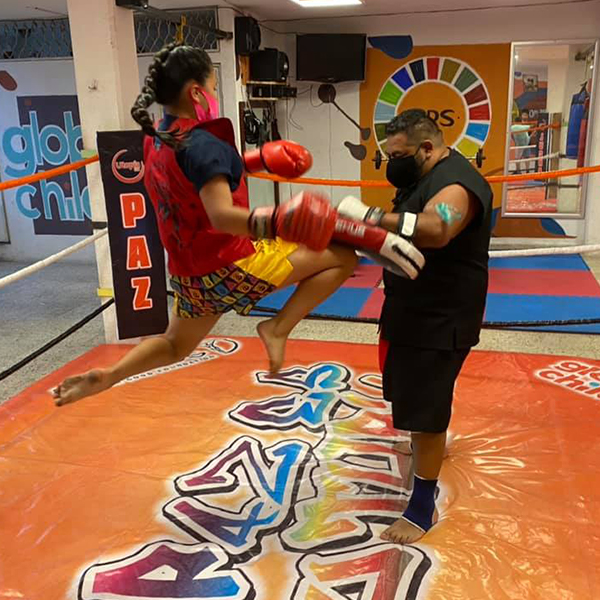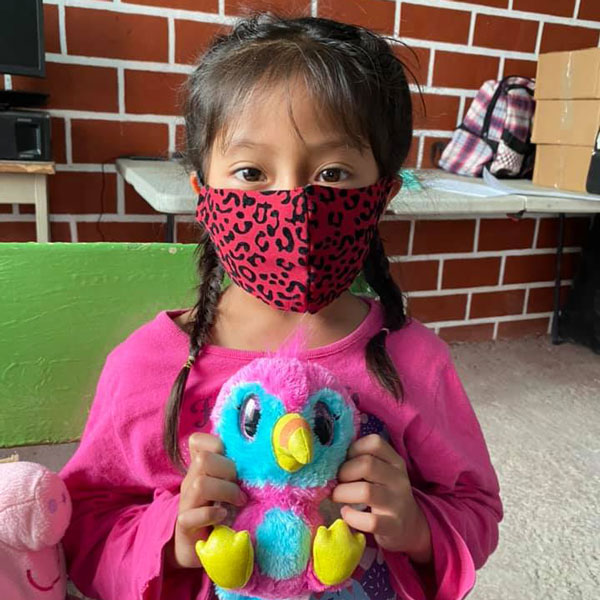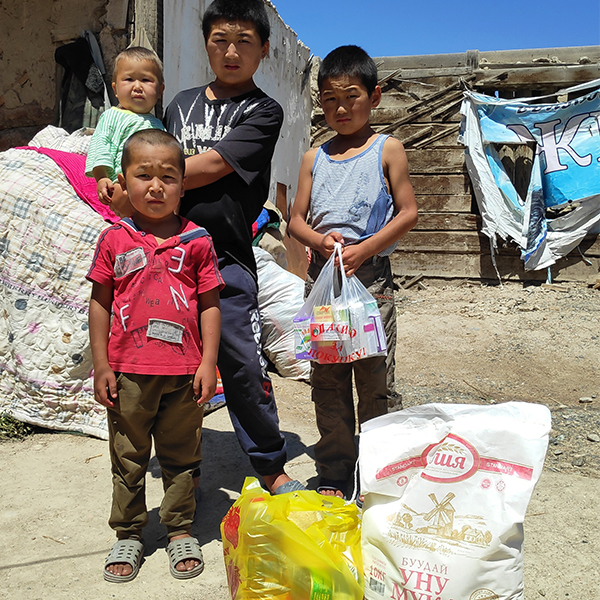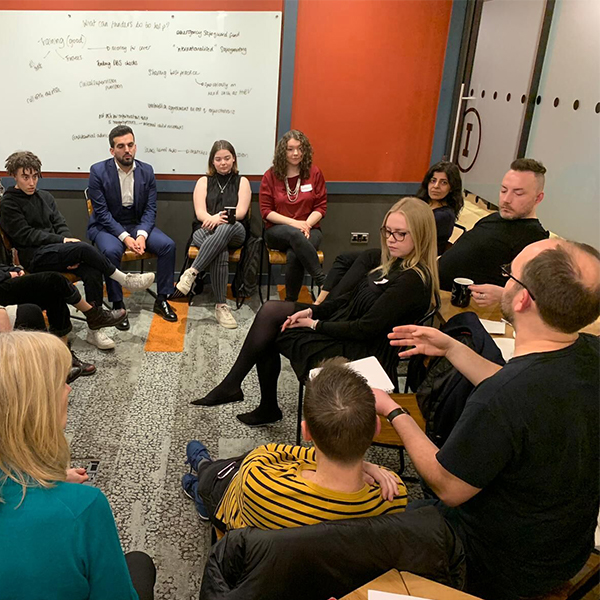This guest post was written by JJ Tatten, Chief Executive Officer of GFC partner The Warren Youth Project in Hull, England.
When the UK went into lockdown, this local organization saw a surge in demand for food and counseling services. They let the needs of young people guide their response.
Somebody once suggested that the perfect time for any of us to reach out to someone in need is when it is most difficult, inconvenient, and a risk to our own wellbeing. But suggesting that to those working in our field is akin to telling Bill Gates that PCs are the future. Difficulty is our bedfellow, inconvenience our shadow, and risk our assurance. Nothing new there.
And then came COVID-19.
A murderous plot twister that would make even Agatha Christie blush, a script considered too fanciful for Black Mirror, with a daily rollercoaster of real-time updates that even a Kardashian would struggle to keep up with.
The authorities strived desperately to turn their oil tankers to face the tsunami of need hurtling toward their dam of statutory provision. And there at the foot of that vast dam, with its collective finger plugging the hole, was the charity sector. Where it has always been. Ever-ready, nimble, and quick.
At The Warren, we were fortunate to have the wherewithal to lean into the storm – a luxury not afforded to many of our contemporaries – and we were acutely aware of how difficult it must be for anybody in our line of work to have to just watch.
We drafted a COVID-19 plan in late February, tweaked it in early March, and launched it a week before the United Kingdom went into lockdown. We had – by luck rather than judgment – invested in an internet-based phone system in January that allowed us to offer three options:
- A phone/FaceTime/text message–based/park bench–based counseling service
- A general support service
- A food and care parcel delivery service

The counseling service was initially no busier than usual – and then the phones began to ring more and more as anxieties surfaced. The demand for food parcels and care parcels soared – so we borrowed a refrigerated van and worked late into the nights bringing food to a total of 2,200 people during lockdown. Our general support became a service dealing with anything that wasn’t an immediate mental health need or food request: we housed young people; moved young people out of domestic violence situations; and delivered fridges, couches, baby gates, clothes, beds, bedding, and diapers. We made endless short supportive films on everything from meditation to mixing music, from singing to shout-outs. We were desperate to ensure that young people were still heard – so we commissioned some of them to create nine spoken word films to reflect how they were feeling throughout lockdown.
Messages began to filter through that some young people couldn’t use phones, so we established a dedicated text message service for those with additional needs.
Anxieties paralleled the death toll’s rise – but they didn’t subside, so their trajectory seemed vertical. So, we started to counsel young people in the park on benches that somehow seemed to have been designed by a social distancing visionary. They’re all two meters long – one of the COVID-cloud’s silver linings.
We were hearing how loneliness was gripping care homes – so our young people set up a pen pal service to write to their residents. There’s no school like an old school.
Loneliness was also bearing down on those very same young people – so we set up a remote server to allow them to rebuild The Warren using Minecraft so they could meet virtually. That was a new final frontier in safeguarding challenges that would send Star Trek’s Captain Kirk scuttling back to Earth.
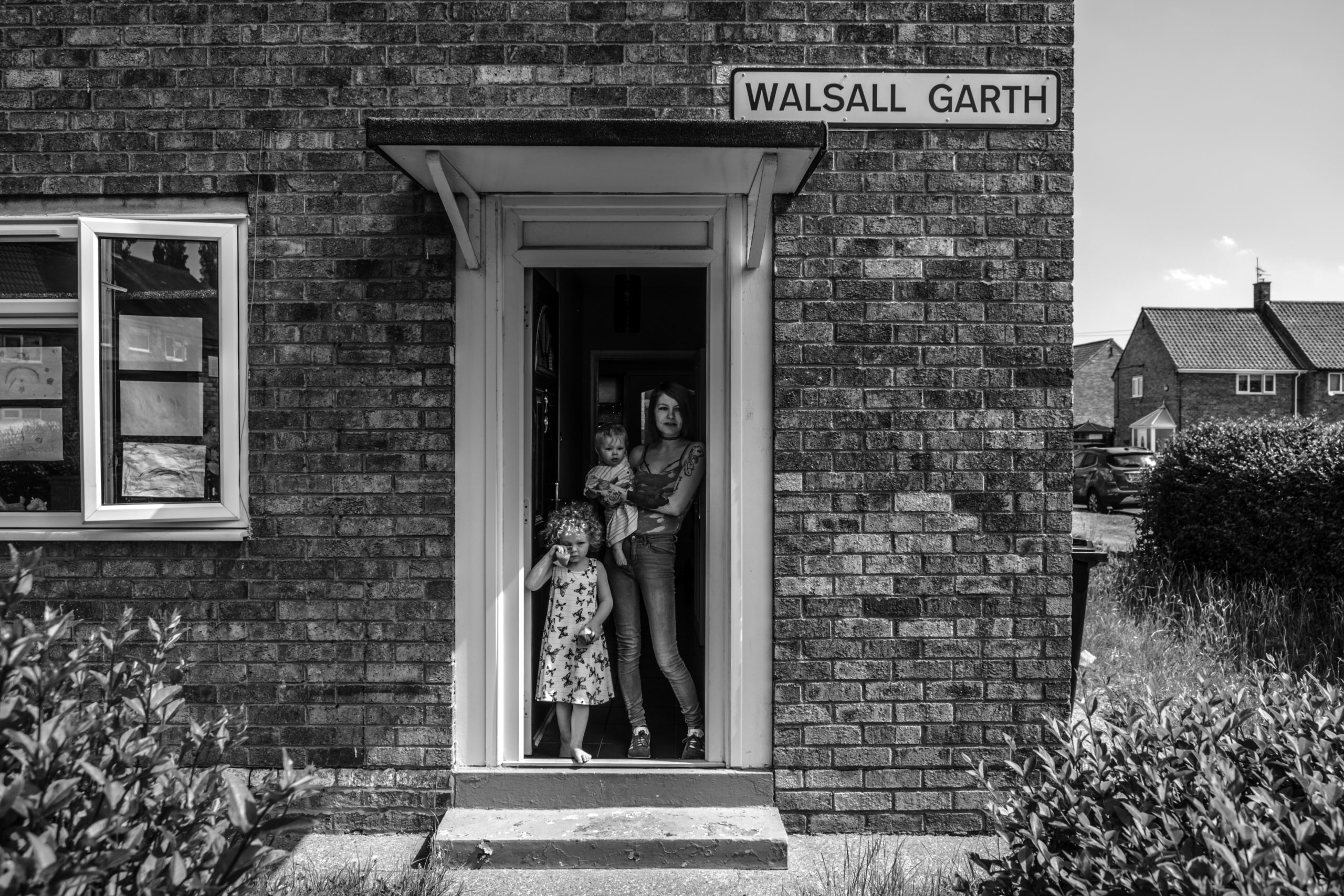
The data we were gathering showed that young women represented almost 85% of callers seeking help – so we banged some drums and shouted from media rooftops that we were collectively kidding ourselves about improved gender equality in the home. We told anybody and everybody who would listen. Period poverty rose its ugly head yet again – so we put out an appeal for sanitary products. One young woman asked us to stop calling them sanitary products and call them what they are – period products – so we did, on the radio, on the TV and in the press, and women from all over the city started dropping period products at The Warren. Then a local health provider donated £5,000 worth of period products to us, which we in turn shared with other charities.
It was becoming harder for parents to keep children occupied – so we started making and delivering activity packs. We are now a world authority on bubble wands and glitter sticks.
We widened our remit to include anybody with dependents in our age range. Then we widened it again. And again.
We made self-ridiculing films to boost staff morale, which got rave reviews on social media. So, we made some more. In truth, we loved making buffoons of ourselves on film – it seemed the perfect response to the horror unfolding around us.
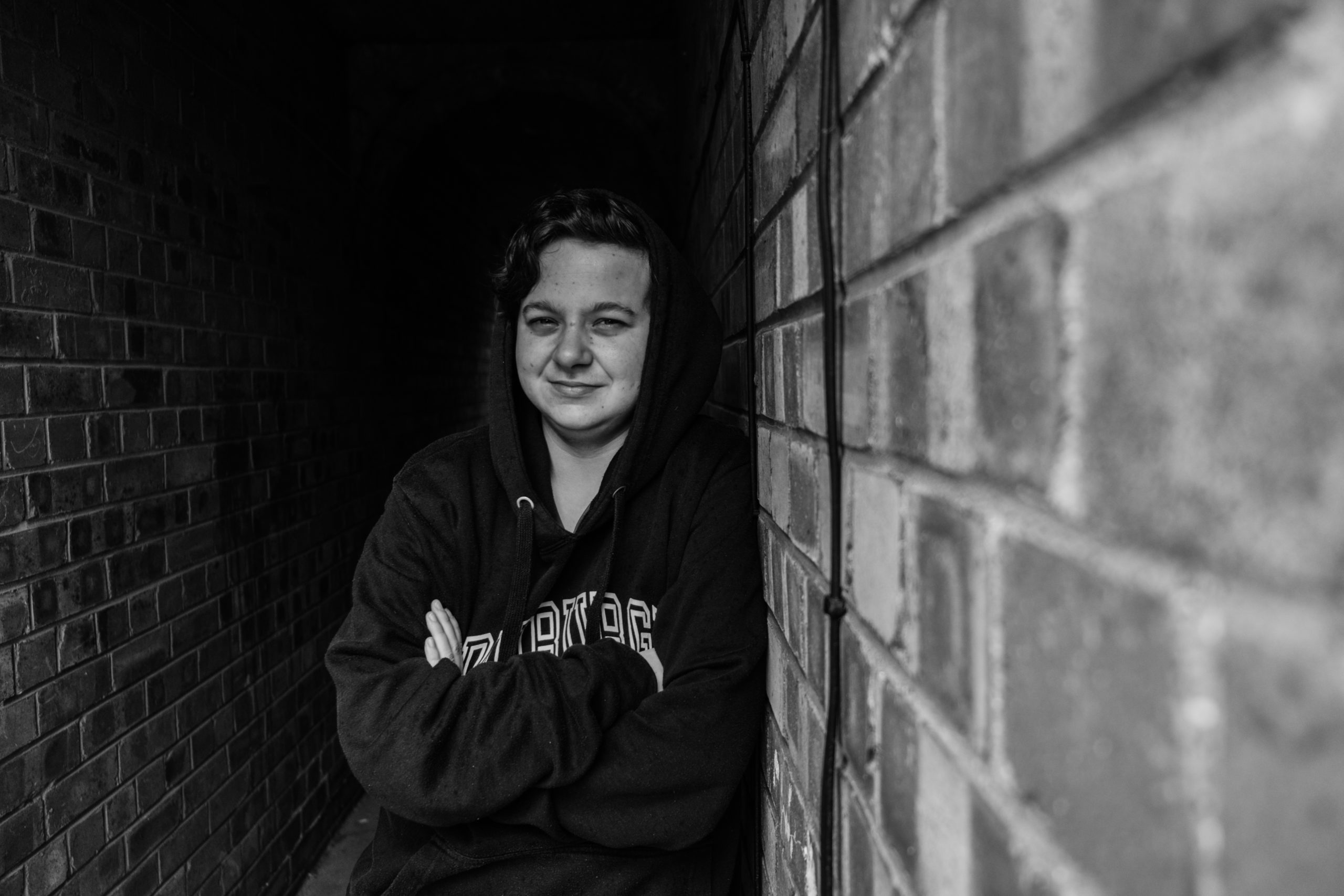
But perhaps one of the most outstandingly human moments in all of this was when a small, local plant nursery – run by a couple in their late-70s who were isolating – got in touch to say they had lots of flowers they would never be able to sell and did we think anybody would like them? So, on one glorious day in June, every food parcel we delivered also had a bunch of the sweetest smelling flowers you have ever seen.
All the way through lockdown, it was the need that drove our strategy and it was the need that drove the innovation – whether it was remote servers to alleviate loneliness, real-time campaigning, or pen pal projects. Most of those we supported through lockdown felt powerless – they either said it or we could sense it. But there was great power in that collective powerlessness in terms of their solidarity and compassion. That’s why we asked a local photographer to take portraits of each of those we supported so they could have a keepsake and reminder of the fortitude and resilience they showed during lockdown.
But how do we capture the collective power of that powerlessness? By allowing the need to lead. The young women who both use and work for The Warren wanted to capture their experiences to instigate change. So, they did just that – on film. The final day of shooting their documentary was October 16, 2020. We’ve never felt such positive power in The Warren as we did on that day.
That’s the power that will sustain us through a second wave.
The Warren Youth Project is a free community resource center for young people in Hull, England, where youth can access a range of services to support their wellbeing, employability, education, and creativity. Its programs – which are guided by young people – include counseling, a food bank and cafeteria, youth employment services, social-justice campaigning, emergency support, arts projects, complementary therapies, and a recording label and studio. The Warren is part of GFC’s Boys and Young Men Initiative, a cohort of 10 organizations from across England working with young people to explore healthy, positive, and expansive masculinities.
Header photo: A portrait of two young people supported by The Warren Youth Project during lockdown. © Jason Shipley
